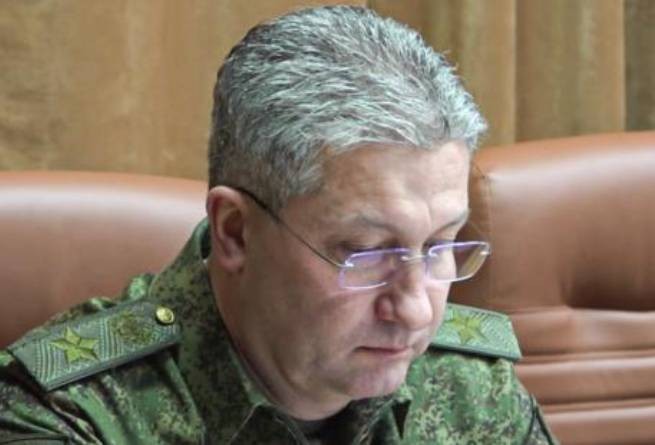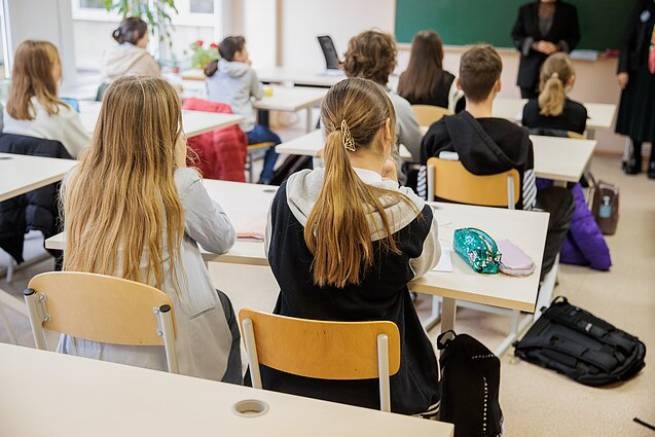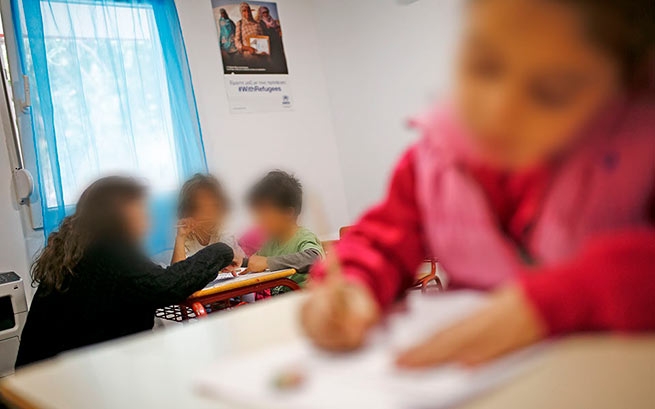Children run like “crazy” at the sound of the bell – this picture from 2016, when a school was operating in the Schistu camp for several months, “haunts” Elena Karagianni, a teacher and one of the two refugee education coordinators in this structure.
“School was a big deal for them,” says Caragianni, “the reaction was amazing and in the early years there was zero dropout because the education of children was a priority for parents as well. According to them, this was one of the reasons why they wanted to educate them in Europe”. Today, however, the situation has changed. “Now we’re trying to get them out of their accommodation containers to go on a field trip,” she says bitterly. to attend a reception class for teaching Greek.”
Reverse climate change is explained by several factors. “The pandemic and internment intervened, which had much stricter rules here,” Caragianni says. internet from your own mobile phone. This period influenced not only the development of students at the cognitive level, but also at the psychosocial level. “We are trying to motivate them to continue their studies, and now we are facing serious shortcomings in the system,” she notes. “Integration classes have teachers who are often appointed even in December, and soon after that can be transferred to another full-time school.”
However, the biggest enemy of children in Schistu is dropout. “There are families here who have been living for 6-7 years, not knowing what awaits them, always waiting for a response either from the asylum service or from distant relatives,” she says. “The parents are stuck, and this affects the whole family, who can’t make any plans for the future.” During the pandemic, many families left, but shortly after, families from the cities moved to Schista due to the cessation of the ESTIA program. “These children, having lived in the city, were more socialized and spoke Greek much better, but gradually they also lost their appetite.”
Many times on the way to the Ritson camp, Pepi Papadimitriou, the education coordinator, runs into his students walking 20 kilometers, the same distance that separates the structure from the nearest town, Chalkis. “One of our students at EPAL complained to me, ‘Madam, I have to take my daughter home as she is returning from the hospital,'” says Papadimitriou. “The ambulance took them on an emergency basis, but after being discharged they were not eligible for an ambulance, and they had no money for a taxi.”
“One of our biggest problems is isolation, because there is no transport,” said K. Papadimitriou. For our children, going to school is the only chance to get out. bus transportation from Ritsona to Chalkis – procedures that are not always carried out on time.”
“It’s impossible for kids to participate in an afternoon activity, a school holiday,” she remarks, who last weekend took on the responsibility of transporting two African students in her car to the city to play a football game. “They have a lot of talent, but they don’t can attend training. Now that the school year is over, the kids will literally have nothing to do. When they were once asked about this at a scientific conference, they replied: “We will sleep all day to pass the time.”
Cristina Nomiko, one of two refugee education coordinators assigned to Piraeus for the first time this year, has a different challenge. “We are responsible for students living in the city limits, within Piraeus, which includes many individual neighborhoods and islands,” she explains. “They are children living with their families, or unaccompanied children living in hostels.”
Until recently, students living in cities had the most opportunities for socialization and personal development. “But the expiration of the ESTA program has radically changed the situation,” she stresses with concern. “Many families are faced with stagnation and absolute poverty, and are looking for a way to survive.” In such conditions, education seems more like a “luxury”. It tries to build bridges of communication with families and communicate needs and gaps in the system to decision makers. In Piraeus, according to media reports, 39 classes for refugees are needed, and only seven are functioning.







More Stories
Chaos in Paris due to Afghan demonstration
Why only a few Ukrainian refugees in Germany found work (video)
Children of a Ukrainian refugee were molested by a pedophile